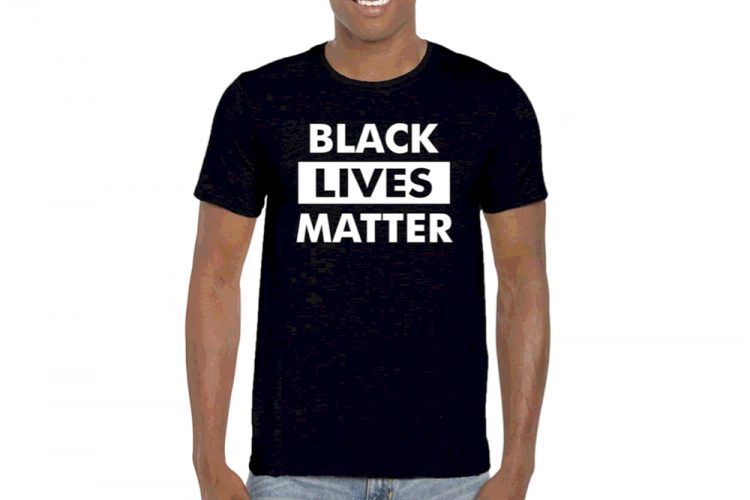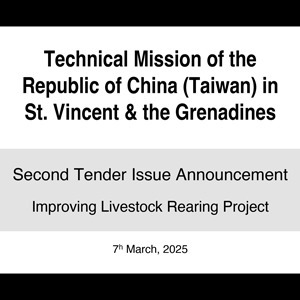From SVG to NYC, Black people must be free

by Madiba Dennie
George Floyd survived COVID-19, but lost his life to the pandemic of racism. Floyd was an unarmed Black man who allegedly purchased cigarettes with a counterfeit 20 dollar bill. Rather than executing an arrest for this nonviolent offense, the police executed him in the street: on May 25, 2020, a police officer killed George Floyd by pressing his knee on Floyd’s neck for eight minutes and 46 seconds. Only after days of nationwide protests were the police officers who participated in Floyd’s killing arrested.
No arrests have been made in the case of Breonna Taylor, a Black woman who was asleep in her apartment when police entered her home and shot her eight times. Her family has stated that the police conducted a “no-knock raid,” meaning they entered Breonna’s home without knocking or identifying themselves as police officers. The police had a warrant, but for an entirely different person who lived miles away from Breonna, and was already in police custody at the time officers broke into her home. Police killed Breonna, an emergency medical technician and aspiring nurse, on March 13, 2020. It took weeks for national media to learn her name. Undoubtedly, there are countless other Black people who have been subjected to violence by the police whose names we will never know.
According to Mapping Police Violence — a research group collecting comprehensive data on police killings — Black people are three times more likely to be killed by the police than white people, and we are 1.3 times more likely to be unarmed. This disturbing injustice is compounded by the government’s complete abdication of responsibility. In 99 per cent of killings by police officers from 2013-2019, no officers were charged with any crime.
Black Americans and allies are rising up against violent, unaccountable police. I was raised in the United States, but I was born in St Vincent and the Grenadines, and as such, I have been heartened to hear that Black Lives Matter protests have spread across the globe. Black peoples around the world share a common history; we simply got off the slave ships at different ports. Our futures are similarly linked, and from Kingstown, St Vincent to Kings County, New York, Black people must be free.
My position comes as a surprise to some: a couple years ago, as I mourned yet another unarmed Black person who was the victim of yet another government-sanctioned racist killing, I was met with surprise. A law school classmate asked me why I cared so much about the civil rights of Black Americans when I was not born in the United States and am not an American descendant of slaves. I responded, “No one looks at me on the street and sees a Vincentian. They see a nigga like any other nigga.” Even if not for empathy and solidarity (which I do believe create a moral necessity to stand with Black Americans), self-interest demands that I take a stand against injustice. The police are a threat to me and my loved ones. It is an affront to both my conscience and my sense of self-preservation for this country to pour billions of dollars into funding police units which neither serve nor protect me, while millions of people go unhoused and unfed. Money that should be invested in communities is instead directed to police who terrorize those same communities. Instead of people getting healthcare, police get handouts. Instead of people getting clean water, police get weapons. Funding the police does not make us safe, but properly funding social services for Black people and other marginalized groups would.
Supporting Black Lives Matter means supporting my own right to live and the rights of all persons around the world who look like me. Furthermore, it should not be taken for granted that a government that devalues its Black citizens will not hesitate to devalue the lives of Black noncitizen immigrants and foreign nationals. Racism is a global issue, and though it may have grown differently in different places as a result of colonialism, they are different rotting branches on the same poison tree. As Martin Luther King, Jr. wrote in the Letter from Birmingham Jail, “Injustice anywhere is a threat to justice everywhere.” Until all Black people are free, none of us are free. My Black life must matter whether I’m in my apartment in NYC or my grandmother’s house in SVG. This is why I march. And it is why I hope you will join me.
Madiba K Dennie is a Vincentian-born attorney and writer who works on racial justice issues in the United States. Her professional experiences include litigation and policy-based advocacy.












